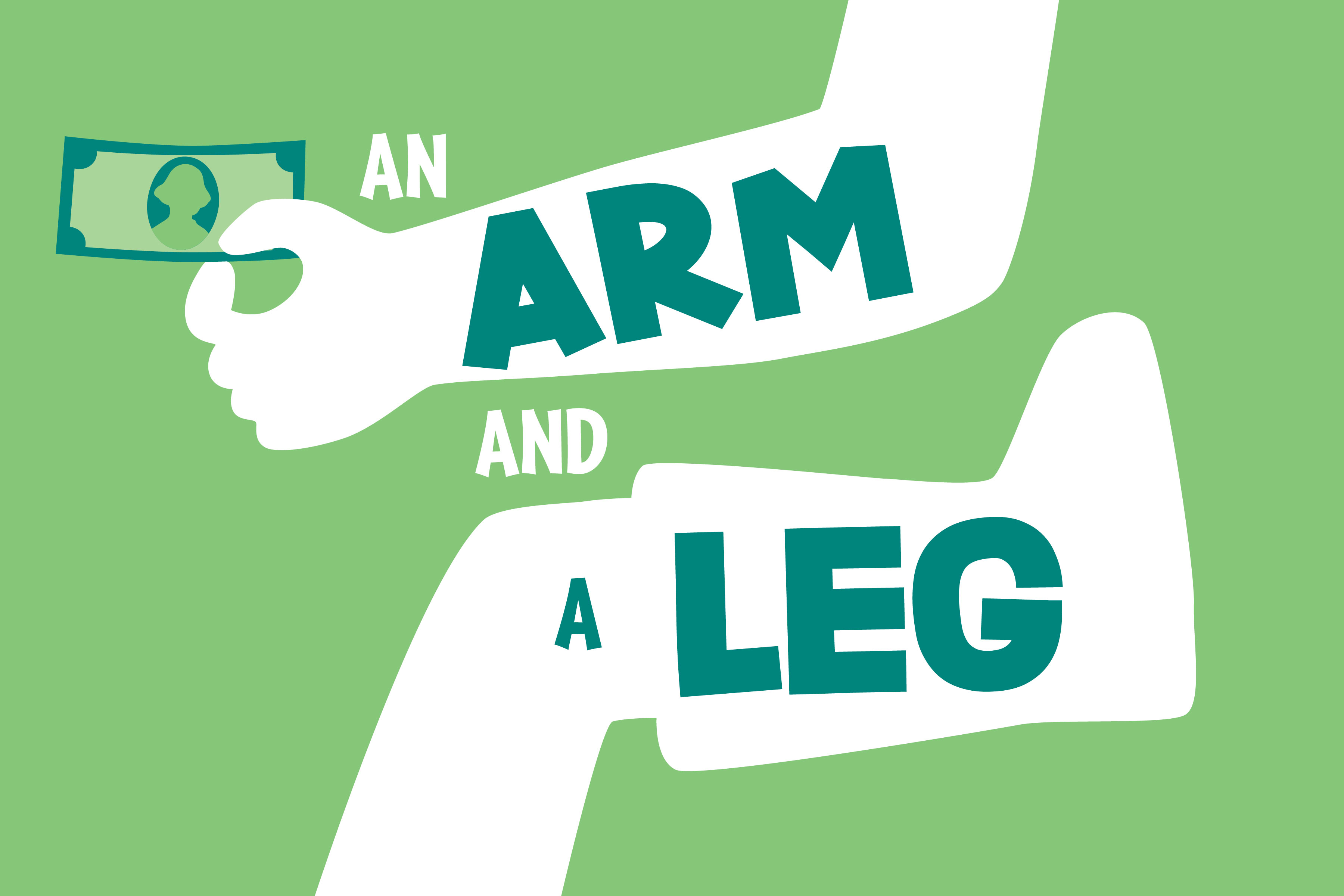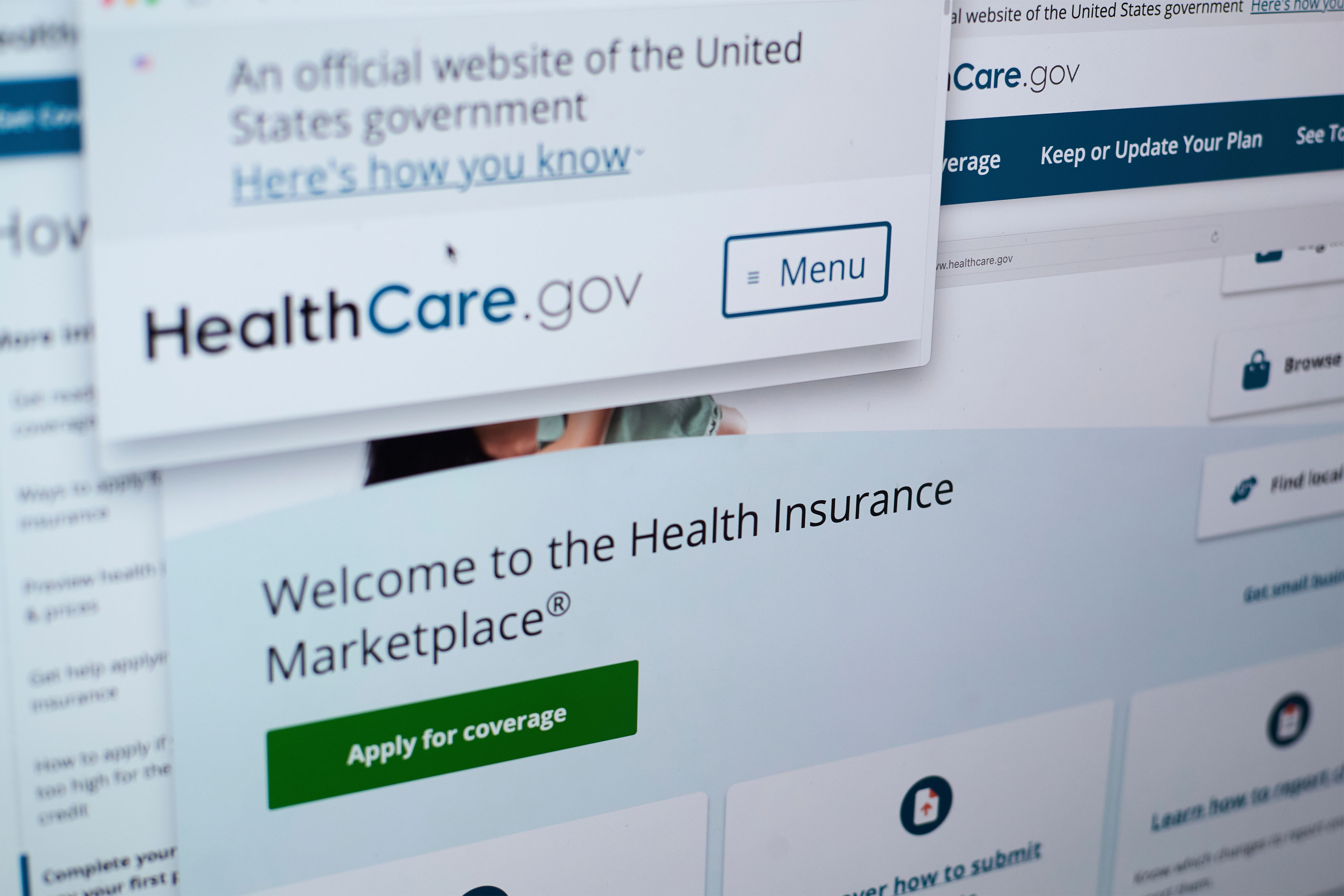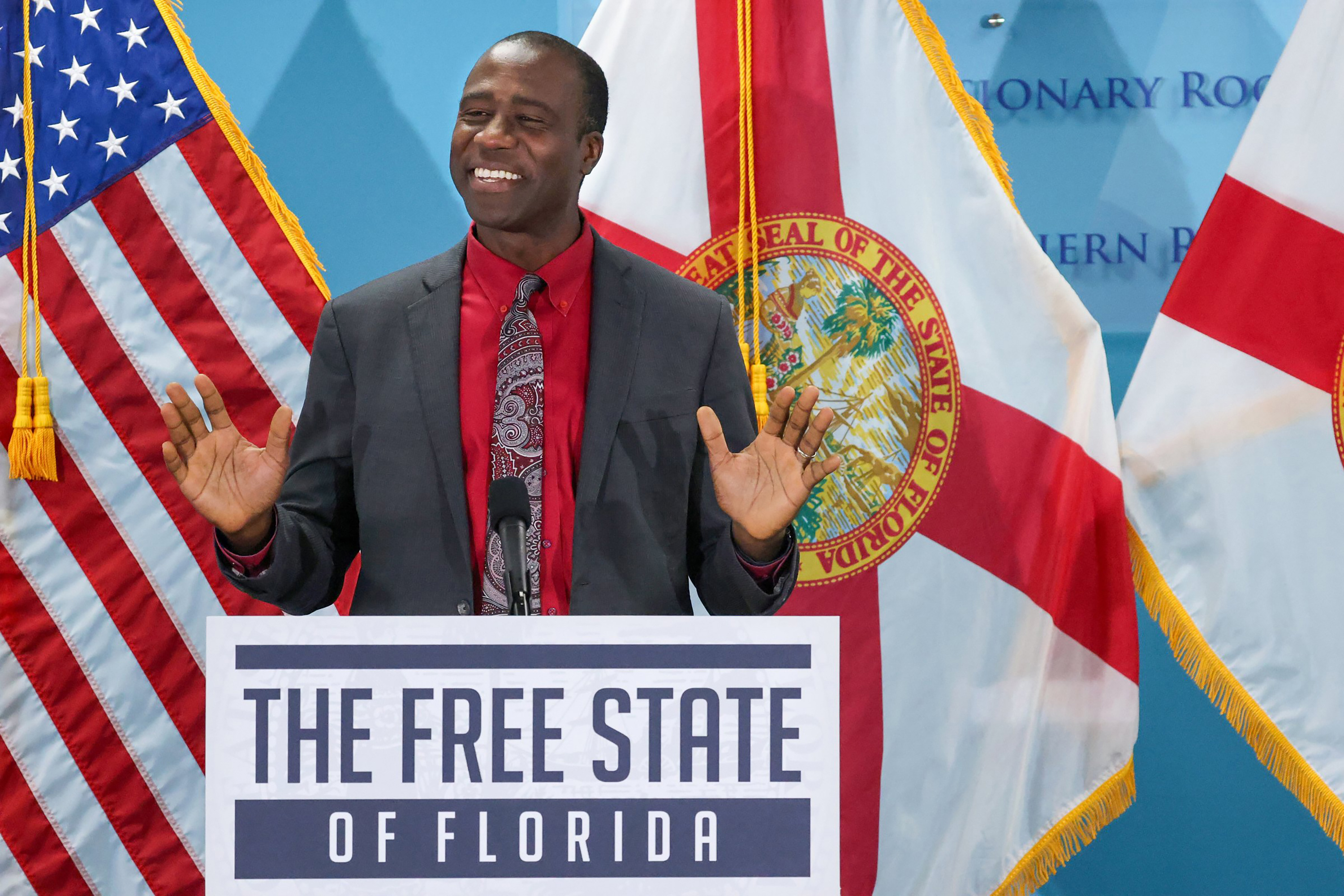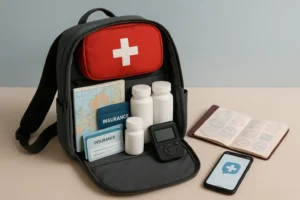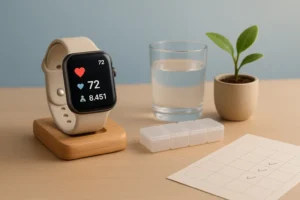Healthcare decisions can be complex and unexpected. This article shares real-life stories and expert advice on Healthcare Power of Attorney. Learn from professionals in the field about how this crucial document can impact medical emergencies and long-term care planning.
- Stroke Reveals Power of Attorney’s Value
- Balancing Legal Realities with Client Goals
- Tourist’s Collapse Highlights POA Importance
- Prepare for Medical Emergencies with HPOA
Stroke Reveals Power of Attorney’s Value
A close friend had a major stroke and was unable to communicate or make decisions for herself. Luckily, she had named her daughter as her healthcare power of attorney years earlier. That one decision made all the difference. Her daughter could talk to doctors, review options, and make informed decisions in line with her mother’s wishes – no delay or red tape.
Watching that play out showed me how important this document is, not just in emergencies but in preventing family conflict. Everyone knew who had the authority to make decisions, so there was no confusion during an already emotional time.
My advice to anyone considering a healthcare power of attorney is simple: don’t wait. It’s not just for the elderly or seriously ill. Accidents and sudden illness can happen to anyone. Talk to the person you trust most, clearly communicate your values and preferences, and put it in writing while you’re healthy and of sound mind. It brings peace of mind not just to you but to your loved ones who may one day have to advocate for you.
 Sovic Chakrabarti
Sovic Chakrabarti
Director, Icy Tales
Balancing Legal Realities with Client Goals
When a client’s goals aren’t aligned with legal realities, it’s important to strike a balance between being honest and being supportive. I’ve found that transparency is key, even if the message is hard to hear. In one case, a client was determined to pursue a legal claim that, while emotionally understandable, had no real legal merit. Instead of simply telling them “no,” I explained the legal standards involved, how courts typically interpret similar cases, and what pursuing that path would likely cost in time, money, and emotional energy. I also offered alternative routes that could achieve some of their underlying goals without putting them through unnecessary litigation. In the end, clients appreciate when you’re both candid and solution-oriented—it builds trust, even when the answer isn’t what they hoped for.
 Andrew Hope
Andrew Hope
Attorney & Founder, Hope Law Firm
Tourist’s Collapse Highlights POA Importance
When a tourist collapsed at the Four Seasons Mexico City, how fast we acted was solely reliant upon one piece of paper: a healthcare power of attorney.
As the owner of Mexico-City-Private-Driver.com, I never expected to be managing urgent healthcare for a client thousands of miles away from home and unable to speak. This occurred when we were midweek transferring a client from the airport to the Four Seasons. The client, a solo traveler in her 70s from California, mentioned she had a heart condition but seemed fine at the time of pick-up.
Minutes after checking into the hotel, she collapsed in the lobby.
Fortunately, due to her observant daughter, who booked the service and emailed us a scan of her mother’s healthcare power of attorney in advance, I was able to support the paramedics and provide authorization for her immediate admission to ABC Hospital, and notify her cardiologist in the U.S., within the hour. Had we not had that document, the ER team would simply have been limited in their available actions, and the client could have been losing valuable hours in healthcare bureaucratic limbo.
Since that day, we have added clear “health info & emergency contact” reminders in our pre-trip emails for older individuals. The advice I provide to anyone traveling, especially seniors or those with chronic conditions, is quite straightforward: bring a hard and digital copy of your healthcare POA and notify at least one local contact (or provider) what the document looks like and that it exists.
It is not just a form. It is the document that allows someone to act on your behalf to say “yes!” when time is not on your side.
 Martin Weidemann
Martin Weidemann
Owner, Mexico-City-Private-Driver.com
Prepare for Medical Emergencies with HPOA
A healthcare power of attorney (HPOA) is crucial in situations where someone becomes incapacitated and unable to make medical decisions. For example, if a person suffers a stroke and cannot communicate, their designated agent can step in to ensure their healthcare preferences are honored, avoiding delays and family conflicts. To prepare, choose a trusted individual, discuss your medical wishes in detail, and keep the document accessible. Regularly review and update it as needed, and consult an attorney to ensure it meets legal requirements.
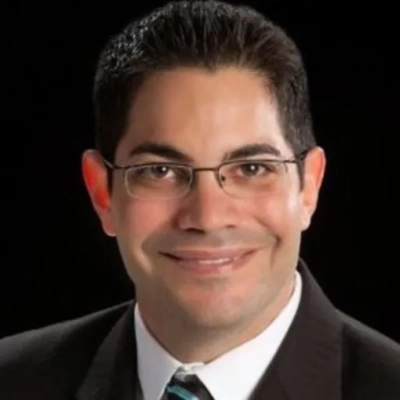 Evan Tunis
Evan Tunis
President, Florida Healthcare Insurance



